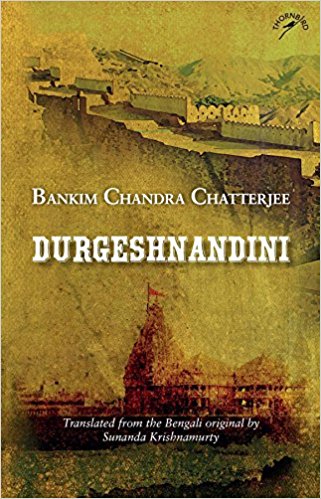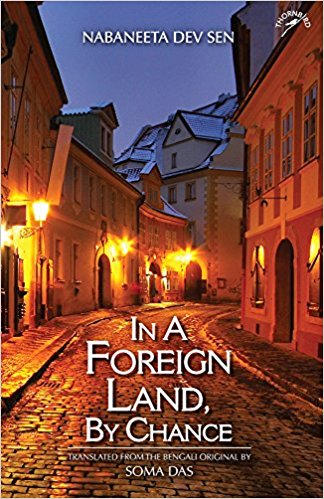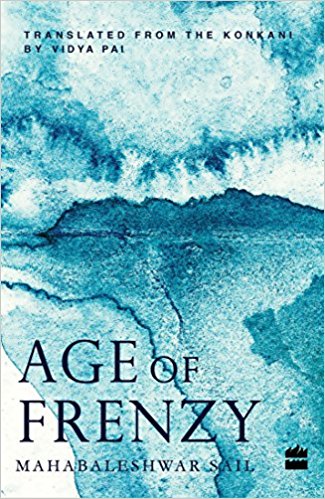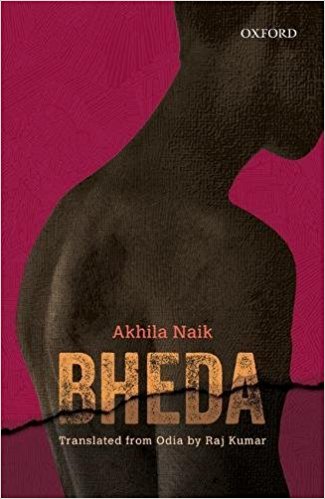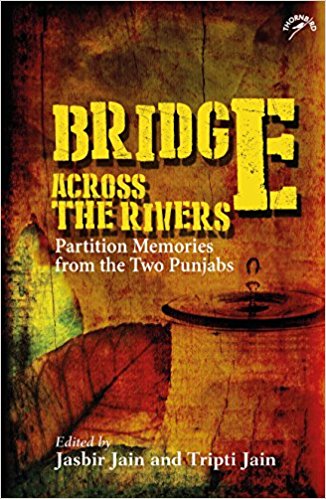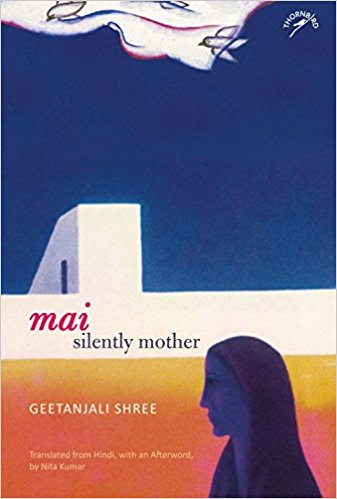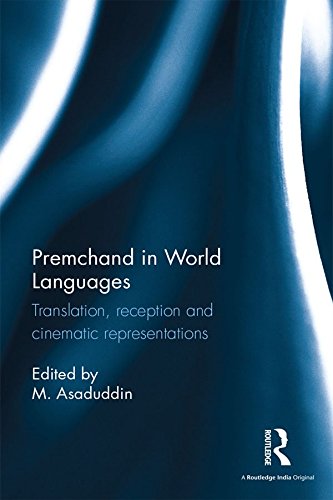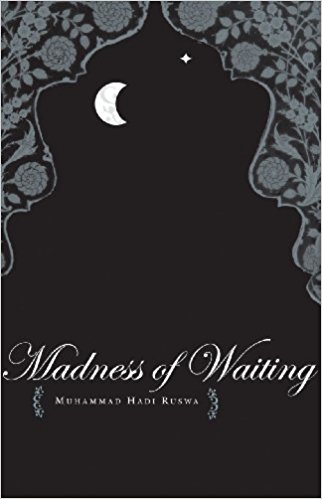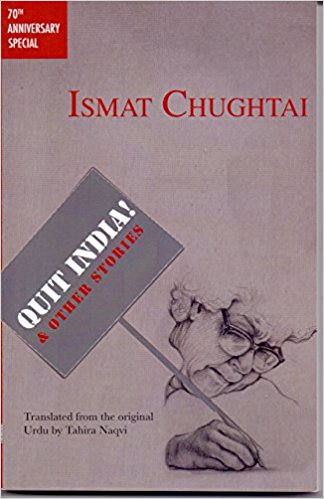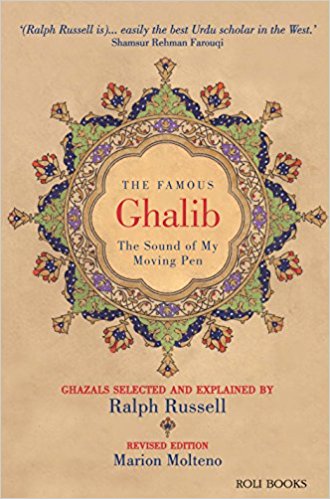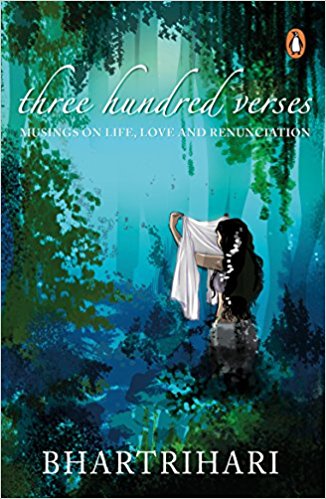2018
Some years ago, I had reviewed a different translation of Durgeshnandini for TBR. To revisit the same novel now via this new translation is to be reminded again of the durability of Bankim in our collective literary imagination. When Durgeshnandini first appeared, it had taken the Bengali literary world by storm, as a landmark in the emergence of a new genre.

